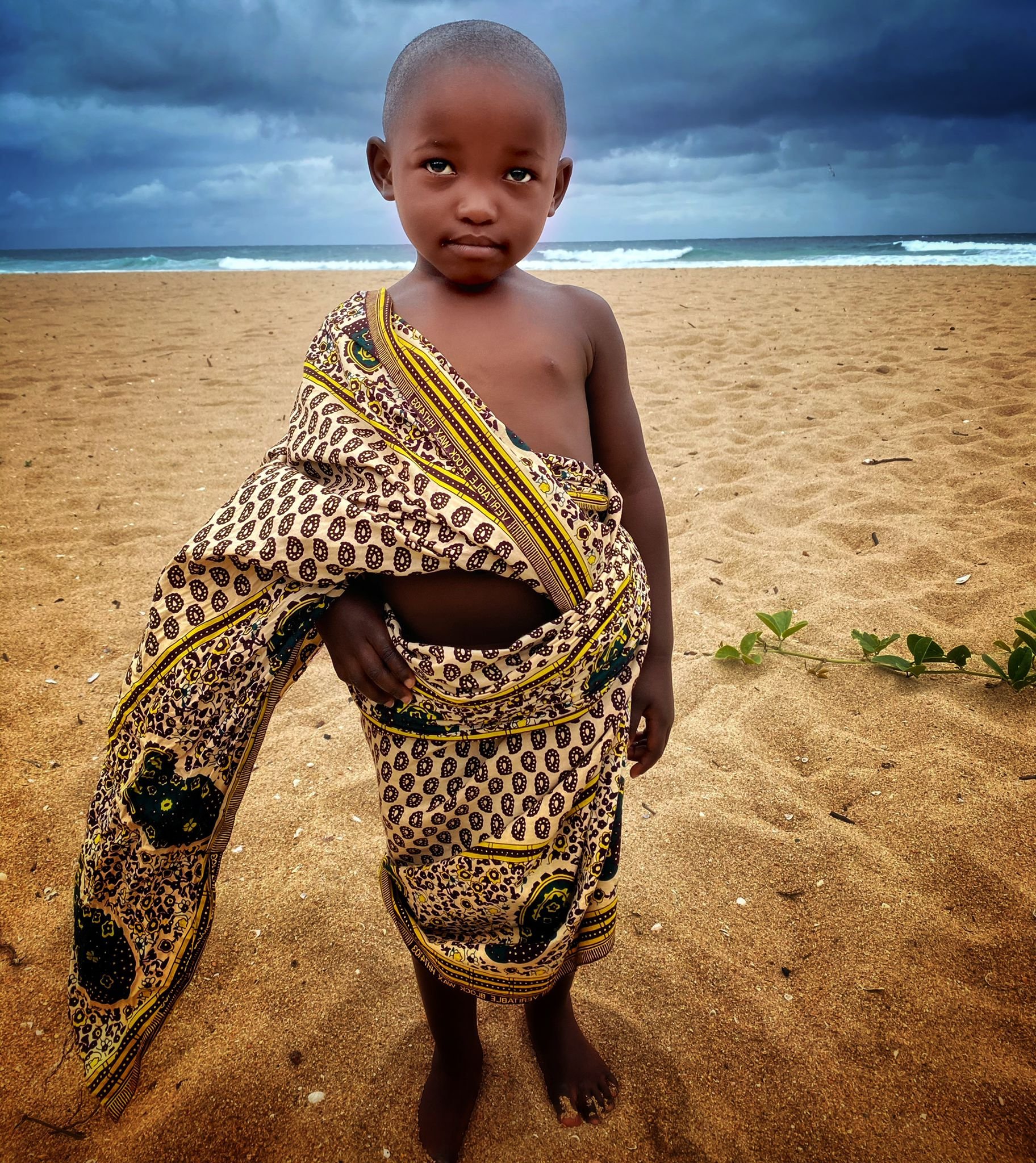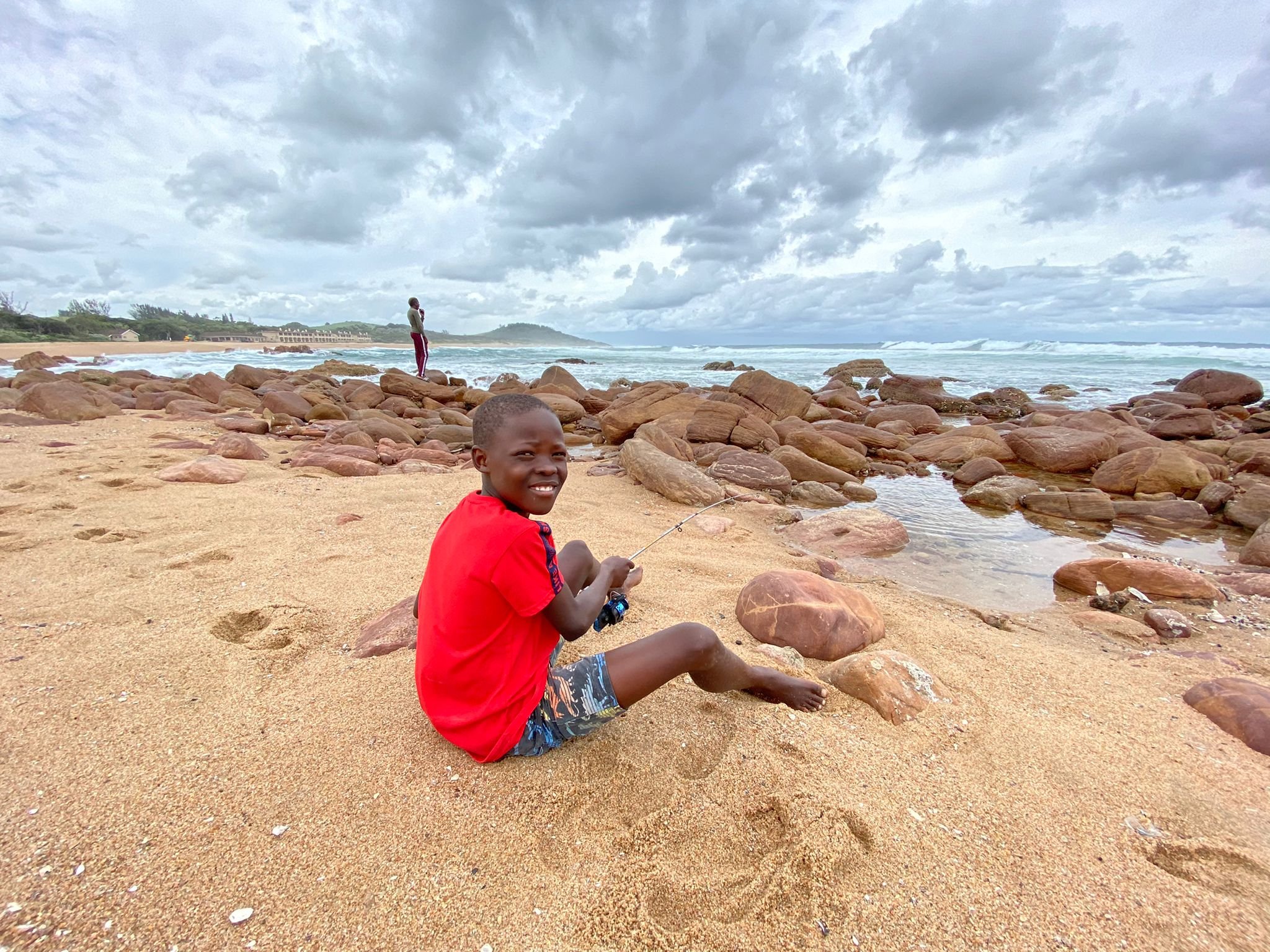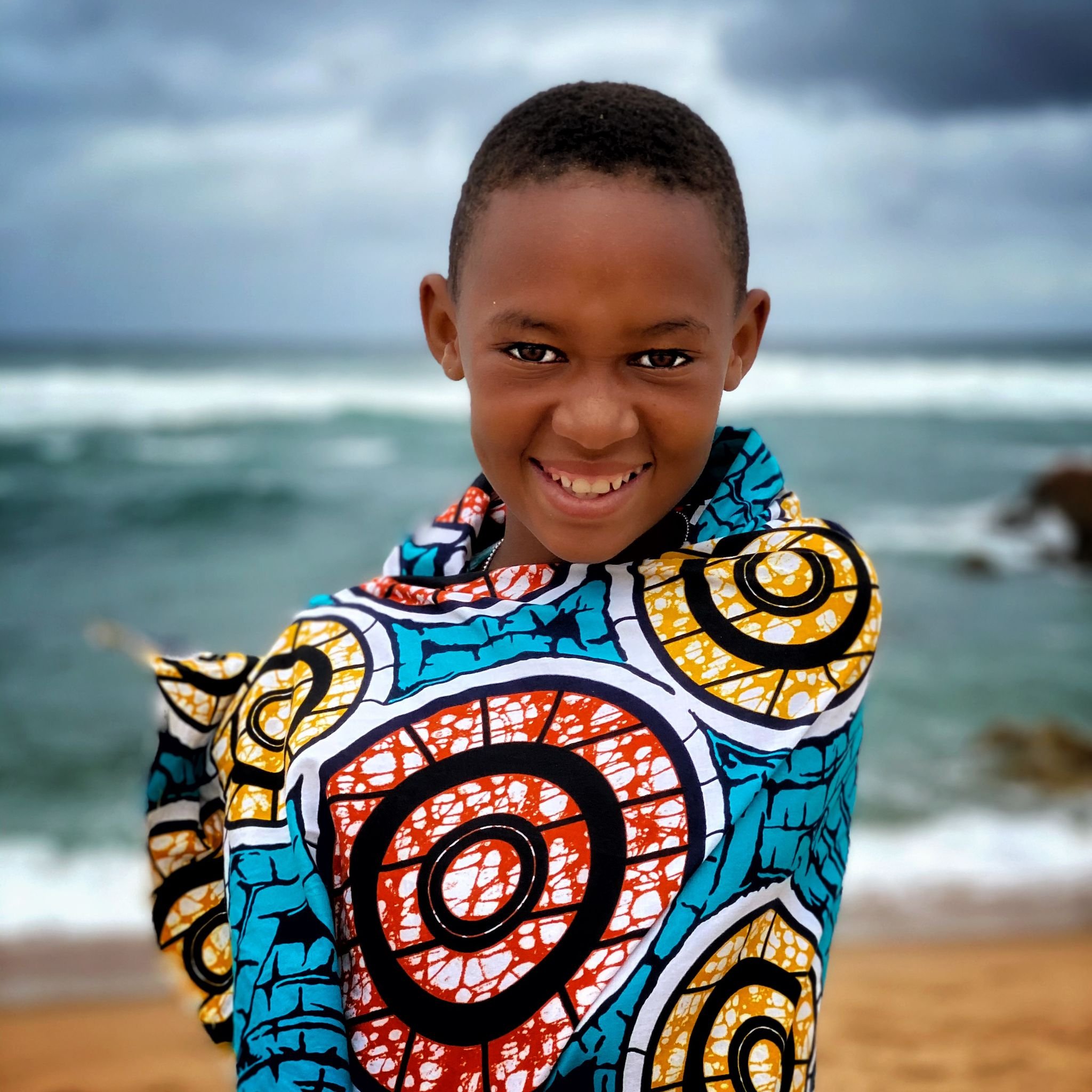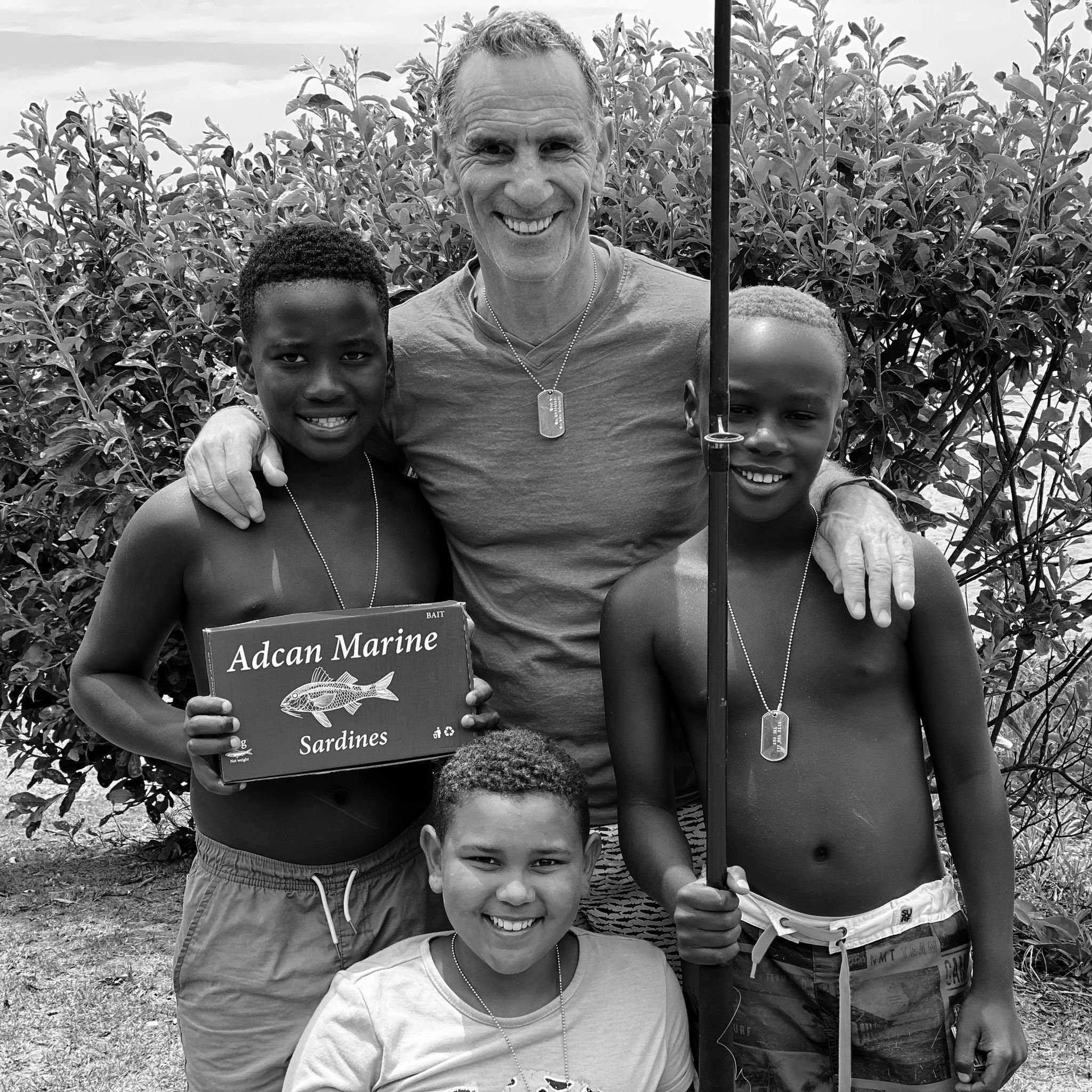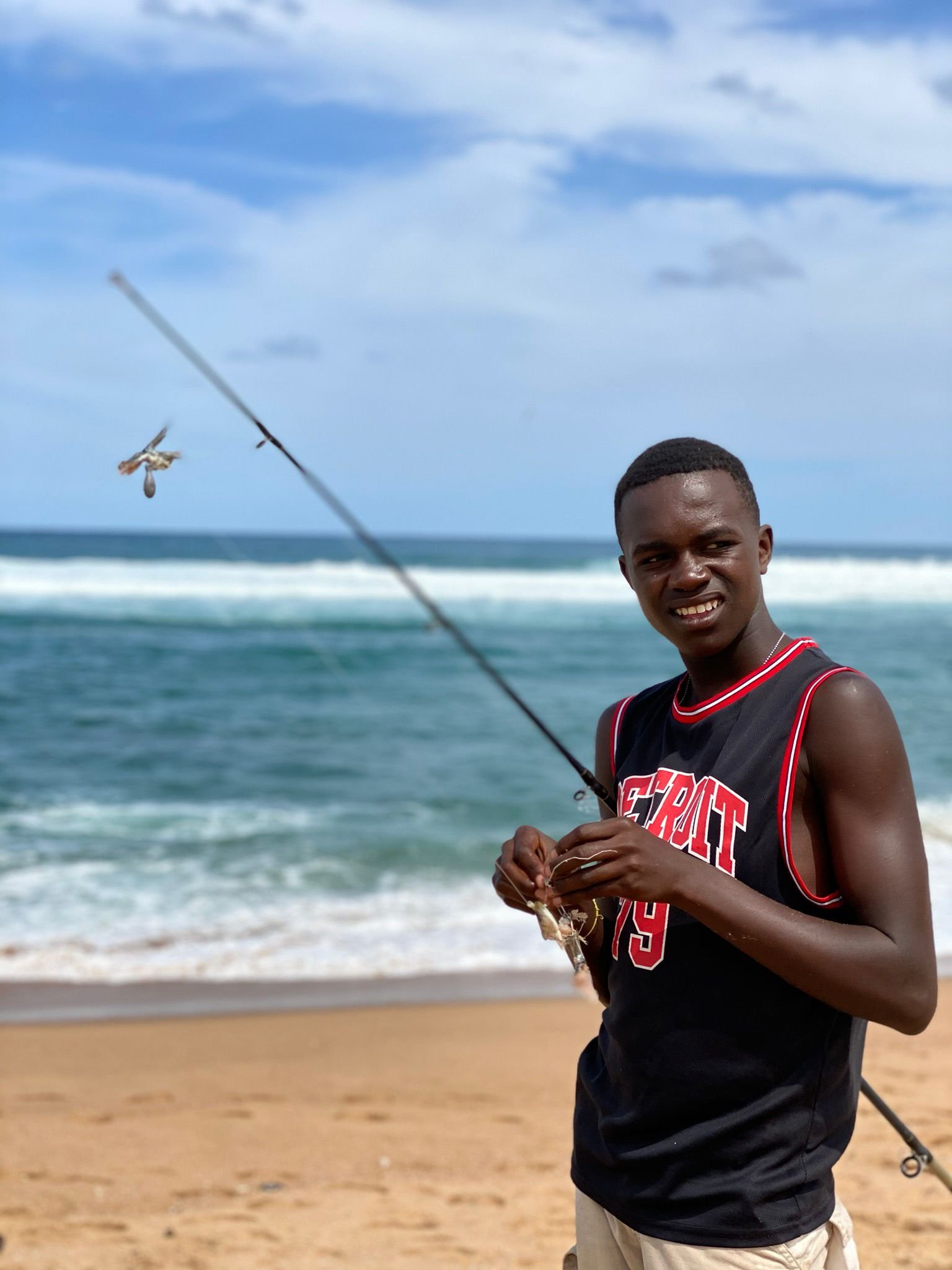2021 December Holiday Newsletter
Gratitude for the Caring Shown to the Beneficiaries of BCDT
First and foremost, BCDT wishes to express huge gratitude for all the support shown by ‘Extraordinary You.’ The love, compassion and understanding shown this past year by people who find themselves in more fortunate circumstances than us is touching. Your giving provides the BCDT management wherewithal to maintain this vital work and encourages us when that work feels bleak and unsustainable. The children and youth are reminded they are not invisible nor lost to poverty but are ‘seen’ and encouraged to continue fighting for their future. Kudos and sincere thanks for your assistance in BCDT’s capacity building efforts!
A brief look back at 2021
Looking back, this has been an extraordinary year. We faced extraordinary challenges, yet the glue that held everything together was sponsors like you, who ensured everyone in the village went to bed with a full tummy. Beyond that, everything else is incidental.
The Pandemic, of course, affected everything. Early in the year, the Delta variant sent some to hospital. In December, the Omicron variant swept through the village – many more people have been ill, or are still so, and some are hospitalized. Despite the sickness, we remain thankful that up till the date of this writing, nobody has died in either outbreak.
Education suffered badly in 2021. For the second year running, scholars were unable to complete the required curriculum in MGS, the village school. Covid-19 restrictions, including staggered attendance days, led to watered-down reading and writing results in the lower grades, and inadequate rounding off in the higher grades. Despite this, the school drop-out rate actually declined from last year.
Easter was a highlight of 2021, with fond memories of manic egg hunting, sweets and chocolate bonanzas, and beautiful easter baskets.
We were thankful the country’s shocking riots and unrest bypassed the village entirely. We upgraded BCDT housing by including fencing and gardens. We ensured all chronic patients continued to receive their medication and hospital visits, even during lockdowns. All deceased received a final send off with dignity, rather than a pauper burial.
We turned the death of many village dogs into teaching moments, to spread a greater understanding of animal rights and what is required to provide them an adequate home.
But somehow, the village came together to meet the challenges. Against a backdrop of constant pandemic fear and poverty, petty squabbles and personal vendettas were put aside. Dire circumstances made many at BCDT more aware and appreciative of the gift of life, and of life’s little gifts. Being surrounded by supportive people, having friends and family members to love and encourage one another, took on new meaning. Many no longer took for granted having a bed to sleep in, food and clean water, shoes on their feet, clothes on their back, and seeing their children safely at school, laughing and playing.
In the face of chaos, reaching a level of normality is an achievement. We believe BCDT did that in 2021. It couches the great heartaches and great joys of this extraordinary year.
BCDT’s transport system has improved a lot in 2021
Amazing, Incredible Touching BCDT Seaside Trip
Our gratitude to all the sponsors’ support for the trip to the seaside near Durban. Where our own words fail, the joy on the children’s faces shows the extent of their gratitude. Thankfully, the holiday was mostly drama free. The memories created will last a lifetime, including body surfing in a rough Indian ocean, huge evening thunderstorms, building sandcastles, snorkelling, sharing food and coffee on the beach, staying in brick homes [not shacks], and listening to the constant sound of waves and seagulls.
Our amateur young BCDT anglers even caught some fresh fish, enough to provide fish braai’s [barbeques] every evening. This was a rare treat for the nutritionally deprived children. Fish is expensive; it is never featured on the daily Botshibelo village menu, which consists of inexpensive staples such as maize, which comes in kernels-samp, or fine-mealie-meal, soya, onions, potatoes, and cabbage, with the incidental beetroot and carrots.
The children’s exceptional exuberance this year was perhaps, in part, a release from the cabin fever induced by Covid-19 lockdown. It was emotional, on one level, to see the pure excitement and joy on these young faces. And even more so, considering where they have come from – some from shacks, some from slums adjacent to dumps, some entirely homeless - but all from abject poverty. And so, to see the unabashed happiness writ large on their features, if only for these few days, could not help but inspire and touch us all.
So, in a world of scarcity, is the seaside holiday worth it? Would the money not be better spent on living essentials? These honest and difficult questions are often raised by both funders and BCDT managers alike.
In the early years, BCDT focused almost exclusively on essentials and necessities, with little or nothing left over for entertainment, family fun or holidays. But our understanding has evolved. In the face of overwhelming and unrelenting need, we realized there would never come a place, or time, or funds, for those memorable experiences that make life special, unless we prioritized it. The children would be locked in the daily grind of surviving, with no reprieve and little to distinguish one day from the next, and little to look forward to.
We recall in particular one little 6-year-old girl, Dipou, who died from HIV/AIDS complications, who never lived to experience anything other than poverty. She never saw the ocean, nor did many others like her. Our wish was to take her, and the others, to see the ocean – to witness the immensity, and to experience the grandeur of the pounding surf.
It is a small thing. And yet, it is a huge thing.
The children have been locked in chains of poverty that exclude them from so much of society. We believe an experience like a seaside holiday assists poor children to break through the glass ceiling that separates them from privileged kids. Through such an experience, their horizons are, literally and figuratively, expanded. As they are introduced to a world they never knew existed, suddenly, anything seems possible. It helps children learn their place in the wider world and gives them perspective and a sense of belonging in the wider community.
And so, for twenty-seven years (sometimes every second year), BCDT has made this a priority experience. Years later, older Botshibelians still reminisce over the ‘sea’ trip, which was transformative for many of them. BCDT appreciates the sponsors’ philosophical understanding of the value of such an experience for children of poverty.
Our Tipping Point and Loss of Innocence
Tipping Point: ’The critical point in a situation, process, or system beyond which a significant and often unstoppable effect or change takes place”…. Malcolm Gladwell.
We grind through daily life in South Africa, pushing the negative news stories to the periphery of our minds, ignoring them, till something triggers us and makes the danger tangible. This recently happened to us. A small group of us were returning from the hospital at midnight, leaving us unsettled because we were driving illegally during curfew, the deserted roads, very narrow with high thick coastal brush, the deafening sound of the cicadas not soothing our anxiety.
Barrelling around a corner, we saw huge flames in the middle of the road. It appeared at first to be an accident, and we considered how we might assist the victims. We quickly realized something was amiss, with huge truck tyres spread across the road filled with burning wood. Richard, a manager, screamed ‘strike,’ and slammed the car into reverse before he swung around to safety. We realized there was no other way to get back to the campsite and rushed to a police station. Fortunately, the police were very accommodating; they provided us an armed guard past the burning tyres. Unarmed, we followed the police van very closely in case the rioters attacked from the trees.
We were very lucky; had a group blocked our car and attacked us, we would not have stood a chance. Kwa-Zulu province has experienced violent and angry riots. Our tipping point was the moment where we flipped from concern and compassion and ‘how can we help,’ to ‘we need to escape,’ tumbling into adrenalin-fuelled fear, desperate to protect the 7-month-old baby and pregnant mother in the car. Upon reversing and looking around, we could sense unseen rioters watching from the trees. The night sounds, cicadas, the smells of smoke and petrol are all embedded firmly in our memories. With all the criminal problems we hear about in the country, the events of this night affected us deeply and personally. Our sense of security was always perhaps slightly naïve, yet hopeful. Although we escaped physically unharmed, something snapped that night; we are not sure what sense of humanity we lost, only that it will not return.
The two-year gap since we were last at the seaside saw many businesses closed, the economy devastated by Covid-19. The added problem in South Africa is that it was already in an economic crisis before Covid-19. So, we remain worried about hunger, which leads to riots and crime.
Christmas Presents and Covid-19 Pharmacy account
We are scrambling to collect something for gifts, even though all of BCDT chose the Durban seaside trip in lieu of Christmas presents. BCDT still tries to buy a cheap cell phone for each child from a cell phone dealer in KeyWest [our closest mall] who gives us particularly good deals. If anyone can contribute, please do. Each phone is R590 ($38 USD) the younger children get plastic scooters, and the youth get a toiletry set. Also, with the onset of Omicron, BCDT’s pharmacy account has gone over its limit and assistance would be so appreciated to bring it down with a medical donation. Free government clinics don’t hand out much medication, their go-to is pain or anti-inflammatory tablets.
Covid-19 -SARS-CoV-2
We survived the huge Indian Ocean waves, Covid-19 first, second, and third wave, unfortunately our luck ran out as the Omicron variant crashed down on us. Several of us are down with severe flue, cough, headaches, dizziness, fatigue, throat infection and general malaise. One manager in our group went for a test and confirmed positive. National numbers went from near zero to 19,845 in seven days. With all our safety and masks, and literally leaving Kwa-Zulu Natal days before they declared the fourth wave, we still got home, and immediately fell ill.
This is one seaside holiday to remember because we not only brought back happy memories but an uninvited guest, the Omicron variant! Update on the health front: Two in hospital, one probably going within 24 hours. Leigh and her cerebral palsy daughter, Sarah, have tested positive and are hospitalized. Sarah has a chest infection and is on intravenous antibiotics. Leigh refused to leave Sarah to hospital staff, as she has a feeding tube and other chronic issues. The hospital has organized a private isolation room for them.
The variant is sweeping through the village. Our BCDT family live up close and personal with each other. As one after another test covid positive, we isolate. The children, fourteen in bed from different pods, tend to get sick for 32 hours, then feel much better. Only BCDT family members with comorbidities don’t do as well. Family members on antiretrovirals struggle more. Alex, a teenager who was bitten by a flesh-eating spider two years ago, got hit hard; perhaps it is the staphylococcus in his blood. Everyday sees someone new added to the sick list, and others bouncing back. Not sure about long term effects. Anecdotal evidence from the BCDT family shows how covid-19 presents itself through any underlying comorbidity, whether it is lung, blood, or chest. We can’t afford to test everyone only the family members who have comorbidities. The best place for testing is the pharmacy at a cost of R300, which is not financially doable for us, and the clinic is a dangerous super-spreader. So, our go-to doctor is symptoms. We nebulize when necessary, and fortunately have not had to use our oxygen.
Yet, to put it into perspective, we were contemplating the contentious debate of the richer countries and poorer countries. The Brandt Line, an imaginary division in geography that has provided an approximate division of all the countries in the world into the rich north and poor south, is not imaginary for South Africa at all. We are aware that our vaccinations are dubious, some arriving beyond their expiry date, and other issues. We realize the huge medical inequality in the world when it comes to Africa. The youth need look no further than the village cemetery for evidence of this, where their parents, siblings, relatives and friends lie buried, lacking the antiretrovirals that had been available for a decade in the USA.
Education: the government attempted 2m distancing of learners, then because of the number of students, used alternative days for teaching. The ‘devil in the detail’ is that poorer schools lack reliable Wi-Fi or computers, so the teachers could not complete curriculums. The knock-on effect for disadvantaged students such as ours, is that higher education has become even more unreachable.
Xenophobia: (noun) the fear or hatred of that which is perceived to be foreign or strange. It is an expression of perceived conflict between an ingroup and an outgroup and may manifest in suspicion by the one of the other's activities, a desire to eliminate their presence, and fear of losing national, ethnic, or racial identity.
BCDT village has a large complement of foreigners. We constantly teach the moral danger of Xenophobia. Yet despite the tragic effects of Apartheid being everywhere apparent, South Africa remains a deeply divided country. Tribalism and xenophobia remain strong, with many youth blaming black non-South Africans for the country’s corruption and social ills. A low level of rage simmers.
Because South Africa is economically more stable than many of its struggling neighbours, hundreds of non-documented migrants’ cross into South Africa daily. Corrupt border officials who accept bribes enable easy access through porous fences or border ports. One family entered through the Kruger National Park, were attacked by a lion, and barely survived by spending a terrifying night in a tree.
BCDT has provided shelter for non-South African families without judgment. However, the South Africans ensure these recent arrivals are regularly reminded of their inferior ethnic group and nationality. The derogatory term used is ‘Makwerekwere’. Social ills such as unemployment or crime are routinely blamed on them. The plight of children of undocumented parents is even more complex, as they lack documentation from any country. BCDT does not discriminate or require documentation to receive housing, food, education, or general assistance. Our ethos is to provide support to all who need it.
Notes from the Young People
We close with notes from our young people, below, who can thank you even better than we can. Blessings!


